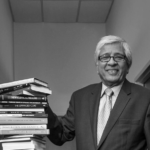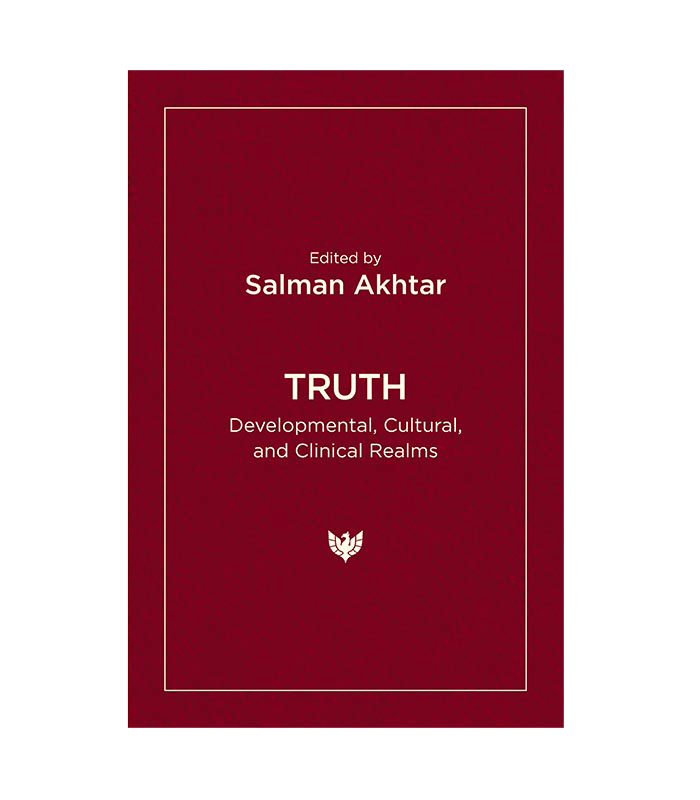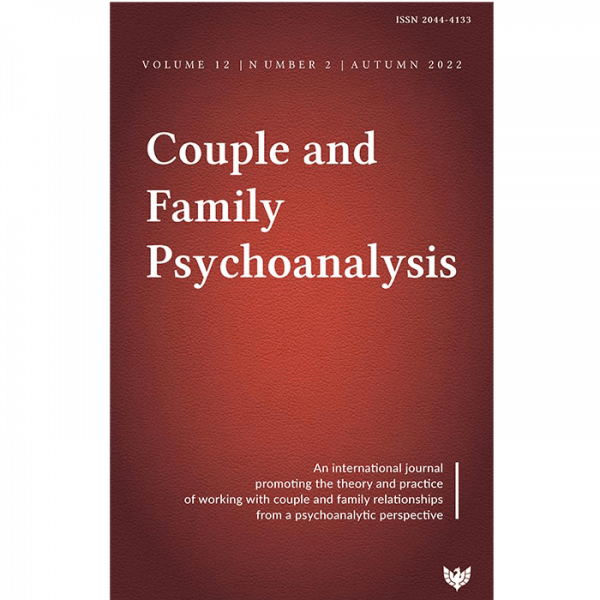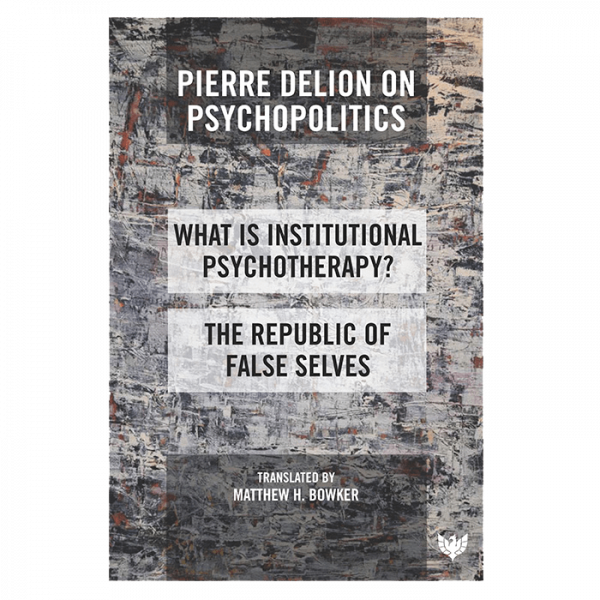About the editor

Salman Akhtar, MD, is Professor of Psychiatry at Jefferson Medical College and a Training and Supervising Analyst at the Psychoanalytic Center of Philadelphia. He has served on the editorial boards of The International Journal of Psychoanalysis, the Journal of the American Psychoanalytic Association, and the Psychoanalytic Quarterly. His nearly 400 publications include over 100 books, of which the following 22 are solo-authored: Broken Structures (1992), Quest for Answers (1995), Inner Torment (1999), Immigration and Identity (1999), New Clinical Realms (2003), Objects of Our Desire (2005), Regarding Others (2007), Turning Points in Dynamic Psychotherapy (2009), The Damaged Core (2009), Comprehensive Dictionary of Psychoanalysis (2009), Immigration and Acculturation (2011), Matters of Life and Death (2011), The Book of Emotions (2012), Psychoanalytic Listening (2013), Good Stuff (2013), Sources of Suffering (2014), No Holds Barred (2016), A Web of Sorrow (2017), Mind, Culture, and Global Unrest (2018), Silent Virtues (2019), Tales of Transformation (2021), and In Leaps and Bounds (2022).
Dr Akhtar has delivered many prestigious invited lectures including a Plenary Address at the 2nd International Congress of the International Society for the Study of Personality Disorders in Oslo, Norway (1991), an Invited Plenary Paper at the 2nd International Margaret S. Mahler Symposium in Cologne, Germany (1993), an Invited Plenary Paper at the Rencontre Franco-Americaine de Psychanalyse meeting in Paris, France (1994), a Keynote Address at the 43rd IPA Congress in Rio de Janiero, Brazil (2005), the Plenary Address at the 150th Freud Birthday Celebration sponsored by the Dutch Psychoanalytic Society and the Embassy of Austria in Leiden, Holland (2006), and the Inaugural Address at the first IPA-Asia Congress in Beijing, China (2010).
Dr Akhtar is the recipient of numerous awards including the American Psychoanalytic Association’s Edith Sabshin Award (2000), Columbia University’s Robert Liebert Award for Distinguished Contributions to Applied Psychoanalysis (2004), the American Psychiatric Association’s Kun Po Soo Award (2004) and Irma Bland Award for being the Outstanding Teacher of Psychiatric Residents in the country (2005). He received the highly prestigious Sigourney Award (2012) for distinguished contributions to psychoanalysis. In 2103, he gave the Commencement Address at graduation ceremonies of the Smith College School of Social Work in Northampton, MA.
Dr Akhtar’s books have been translated into many languages, including German, Italian, Korean, Persian, Romanian, Serbian, Spanish, and Turkish. A true Renaissance man, Dr Akhtar has served as the Film Review Editor for The International Journal of Psychoanalysis, and is currently serving as the Book Review Editor for the International Journal of Applied Psychoanalytic Studies. He has published 9 collections of poetry and serves as a Scholar-in-Residence at the Inter-Act Theatre Company in Philadelphia.
To view all our titles from Salman Akhtar, click here.






Howard B. Levine, MD Editor-in-Chief, The Routledge Wilfred R. Bion Studies Book Series, and co-editor of ‘Autistic Phenomena and Unrepresented States: Explorations in the Emergence of Self’ –
‘Bion said that the psyche needs truth to grow the way the body needs alimentation. But what is truth in psychoanalysis? To whom does it belong and by what means do we come to know it? Is truth found? Created? Given the ineffable quality of psychic reality, the determination of what is true in the clinical situation is complex and can be very elusive. Both analyst and patient are inevitably confronted with the “essential, constitutive tension at the heart of [psychoanalytic] theory” and must mediate “between a language of force and energy, on the one hand, and a language of reasons, intentions, and meanings, on the other.” This wide-ranging volume offers readers at all levels of analytic experience an encyclopedic and authoritative exploration of the problematics of truth that should prove essential for the continued development of our psychoanalytic theories and clinical models as we move forward into the twenty-first century.’
Nilofer Kaul, PhD Training and Supervising Analyst, New Delhi, India, and author of ‘Plato’s Ghost: Minus Links and Liminality in Psychoanalytic Practice’ –
‘Truth has always been at the heart of psychoanalysis. But given its enigmatic nature and its location in the land of ghostly schemata, can we really arrive at it? What is “manufactured” truth and how is it to be thought of in the clinic where “narrative,” “historical,” and “poetic” truth jostle against each other? Here is a moving homage to this vexing subject by Salman Akhtar, who creates a prismatic meditation by weaving together essays that are as wide-ranging as they are lively and profound.’
Dimitris J. Jackson, training analyst and member, Hellenic Psychoanalytical Society, Representative, Europe Region, International Psychoanalytical Association –
‘As Salman Akhtar points out in this volume, the notion of “truth” is something we tend to take for granted, but is in fact an ill-defined concept when one tries to pin it down. This volume brings together a number of distinguished psychoanalytic authors who challenge us to reassess our notions of truth, both within psychoanalysis and beyond. In this age of “alternative facts,” such a volume is sorely needed and will be of interest not only to psychoanalysts and psychotherapists, but to those coming from the humanities as well.’
Dr Barbara Mitchels, FBACP, Therapy Today, Sept 2024 –
‘The contributing authors write with academic terminology and authority. […] This book’s academic stance would be of particular interest to researchers and readers working in the psychoanalytic field. […] It offered both information and challenges to my present understanding of the truth.’